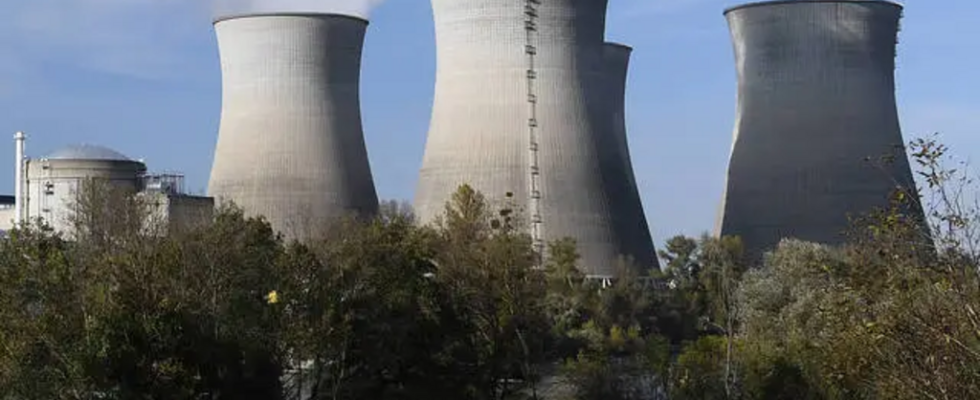Germany renounces nuclear power this Saturday, April 15, with the closure of its last three power plants. The country wants to turn the page on energy considered across the Rhine as too dangerous since the Chernobyl and Fukushima accidents. A choice that is far from being shared in Europe: several countries also refuse nuclear power, Switzerland for example, but others, starting with France, want to revive the sector, in the name of the fight against gas emissions. Greenhouse effect.
With 56 reactors and a new program to build six more by 2035, France remains the champion of nuclear energy in Europe. But she is not the only one to campaign for the atom. Four other countries have plants under construction: the United Kingdom, Finland, Slovakia and Hungary. And others plan to build new ones: this is the case in particular of the Netherlands and Poland, which wants to emancipate itself from its coal-fired power stations, by betting on the atom.
► To read also: Germany says goodbye to nuclear power with the shutdown of its last three reactors
The nuclear camp stunned by the disaster of Fukushima in 2011, thus finds arguments – with the fight against global warming in particular – and supporters. So much so that Paris has managed to form within the European Union a sort of “atomic alliance” with ten other capitals. Within this pro-nuclear club, there are many Eastern European countries such as Bulgaria, Hungary or Poland, but also the Netherlands and Finland. Sweden is likely to join the coalition in the coming months.
Objective of this alliance: to campaign within the European Union for nuclear power to be considered as a means of combating Warmingin the same way as renewable energies such as solar and wind power.
Whatever the choice of France on nuclear power, the priority must be the development of renewable energies. Because even in the most pro-nuclear scenario, it won’t be enough. It will really be necessary to put the package on renewable energies to succeed in the French energy transition.
Thomas Pellerin-Carlin (I4CE) on nuclear policy in France
► To read also: Nuclear: a controversial asset of the energy transition
